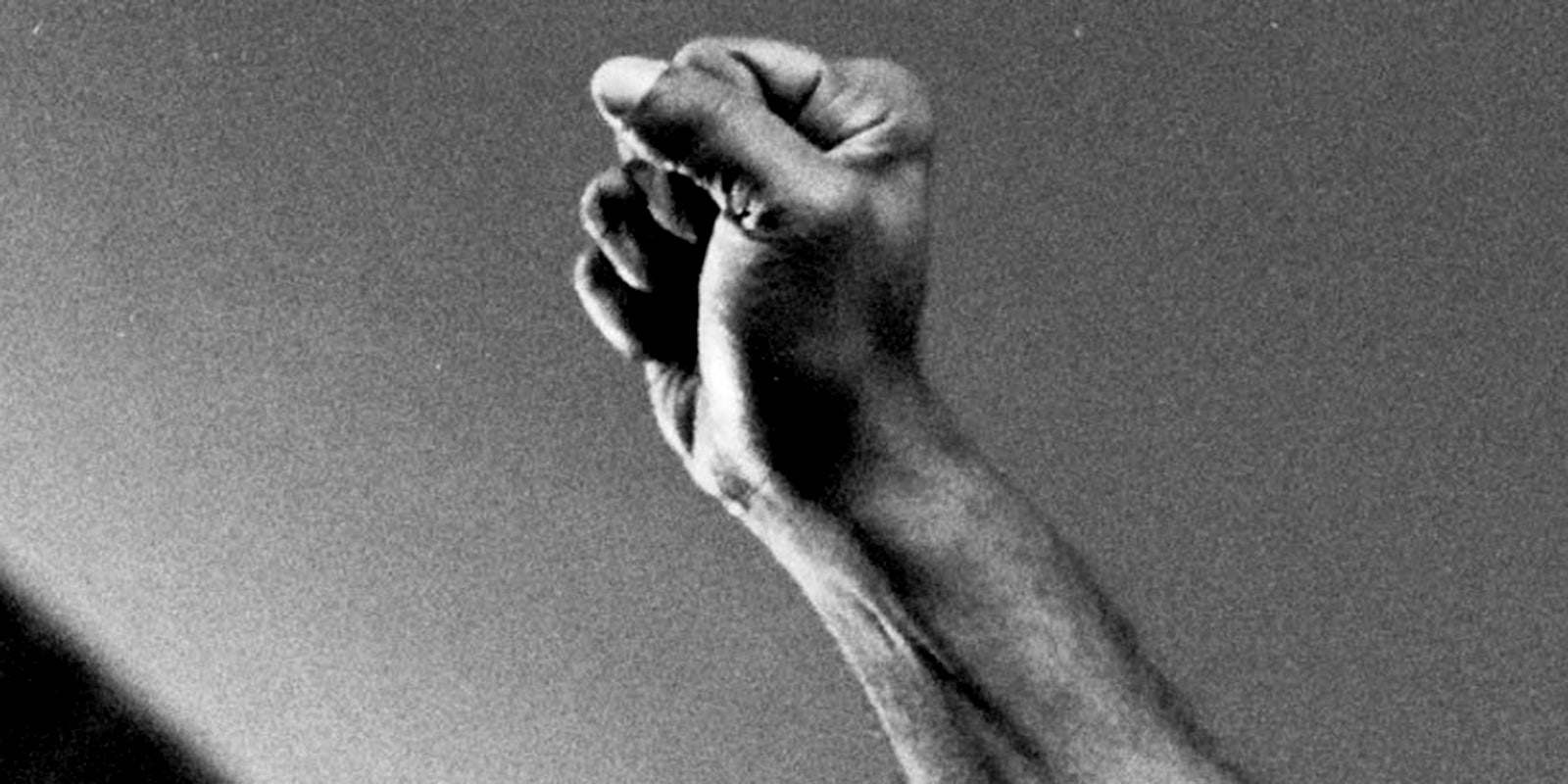Civil rights leaders across the nation on Friday reflected on the decision by Maryland state attorney Marilyn Mosby to charge six Baltimore police officers in the death of Freddie Gray.
While many celebrated the charges, nearly all were convinced that justice in Baltimore has yet to be realized, and that the road to repairing the relationship between police and citizens will be a long and arduous one.
During a press conference shortly after the announcement, Barbara Arnwine, executive director of the Lawyer’s Committee for Civil Rights Under Law, commended Mosby’s swift action. “From the beginning, this situation in Baltimore has been one that was rife with injustice,” she said. Arnwine was further encouraged by charges against the officer related to Gray’s unlawful arrest.
Arnwine represents one of more than 30 organizations that formed the Civil Rights Police Reform Coalition after the shooting of Michael Brown in Ferguson, Mo., last fall. The goal of the group is to advance policy reforms and recommendations, or as Arnwine calls them, “demands for change.”
“We knew that there was a tradition of ‘rough rides’ being done,” Arnwine said, referring to the unsanctioned practice of erratic driving by police officers intended to injure suspects detained in the back of inmate transport vehicles. “People in the community had always complained about the abuse, and the danger of death. And, of course, we now see it in Freddie Gray’s situation.”
Rev. Dr. Cornell Brooks, president and CEO of the NAACP, which is headquartered in Baltimore, called the Gray’s case a “painful reminder… of how this whole issue hits home.” He noted the attention initially paid to the fact that Gray, who the state attorney has determined was innocent, ran from police. “We know that an African-American is 21 times more likely to lose his life at the hands of police than his white counterpart,” he said. “This is a reason to be fearful and a reason to think about running. But it is certainly not a crime.”
“Today is an important step forward,” Brooks continued. “It is a step that encourages us, all of us, to strive forward to bring about justice for Freddie Gray, Tamir Rice, Michael Brown, Trayvon Martin, and the list goes on, and tragically on, and tragically on, and so will we.”
Sherrilyn Ifill, president and director-counsel for the NAACP Legal Defense and Educational Fund, joined in to say that she was longing for the day when black Americans would be believed on their word, “and it will not require a cell phone video to prove to the rest of the country that we continue to struggle with our foundational issue of racism.”
“Today, this represents the possibility of accountability,” Ifill said. “Without accountability, without police officers around this country believing that there will be swift and certain punishment for their violation of their oath to protect and serve, we will not see a real fundamental change in the relationship between law enforcement and our communities.”
Ifill added that Baltimore has been repeatedly described in the media as a “major American city,” and that “a major American city should not be beset by the kinds of economic, education, and law enforcement challenges” that have affected the residents there for many decades. The events of the past week, she hopes, will force people to examine more broadly the underlying hardships frequently discussed by the protesters of Baltimore.
David Rocah, a senior staff attorney for the American Civil Liberties Union of Maryland, said his organization was pursuing statewide reform on a number of issues, including a “comprehensive revision” of Maryland’s police officers’ bill of rights. The bill, enacted in the early 1970s, has become increasingly controversial in the wake of Gray’s death. Many of Baltimore’s citizens were outraged after learning of a department policy whereby police officers are given 10 days before they are required to speak with investigators on any matter of abuse.
Rocah characterized Maryland’s statute as one of the most extreme in the country, a “significant barrier to police accountability and transparency,” and a “complete bar to meaningful civilian review boards,” which the ACLU believes are integral to restoring trust between citizens and police.
Changes to the police officers’ bill of rights supported by the ACLU this year failed, Rocah said, because “the leadership was satisfied with the status quo, which is simply unacceptable.” His organization and others are now calling for a special session to address the need for reform.
Rocah noted that some reforms have passed, including a bill that increases transparency in reporting on deaths in police custody, largely due to an ACLU report in March that detailed 109 deaths from 2010 to 2014. A bill that improved reporting on racial profiling also passed, however another bill that sought to increase reporting on the “over-militarization” of policing and police tactics did not, he added.
Additionally, the ACLU, along with many other groups have been focused on ensuring that the adoption of on-officer cameras, or “body cams,” is followed up with practical legislation that addresses both the need for accountability in their use, and the respect for citizens’ privacy.
But while there are many concerns about how police departments will collect and retain the footage from on-officer cameras, privacy, at least for now, is viewed by some as a secondary issue when compared to the number of citizens being assaulted or killed in police custody.
“At the end of the day, we’re talking about a life or death situation,” the NAACP’s Sherrilyn Ifill said.
Had the officers who arrested Gray been outfitted with cameras, she added, they may have been deterred from violence. At the very least, the public would know what happened to Gray during the police ride that tragically resulted in his death.
Photo via Incase/Flickr (CC BY 2.0)


